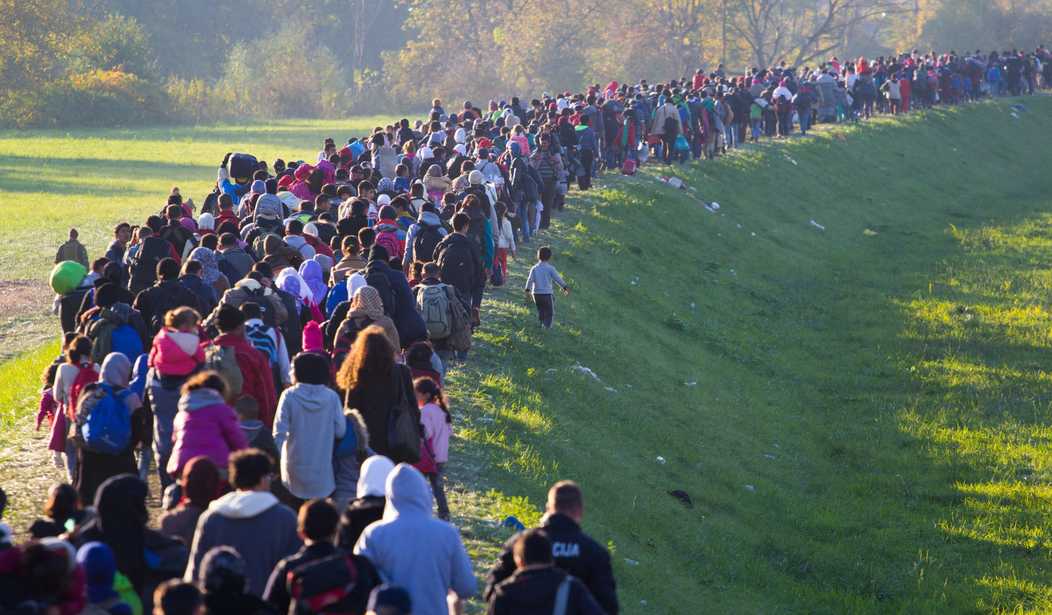Thinking about emigrating to Japan? Fleeing from oppression in your own country and want to claim asylum? Maybe you were even born there, and have lived there for years? Think again:
Gursewak Singh composed his first letter to Japan’s justice minister when he was 10 years old. Almost seven years later, he is still writing. In all, he has written more than 50 letters. He has yet to get a reply.
The letters, all written in Japanese, have become more eloquent as Gursewak has grown up. But the message is unchanged — a plea to the Japanese authorities to recognize him and his family as residents in a country where he and his younger twin siblings were born and his parents, natives of India, have lived since the 1990s.
“My family loves Japan,” Gursewak wrote to then-Justice Minister Keiko Chiba on March 6, 2010. “We really don’t want to go back to India. Please give us visas.”
In his most recent letter, composed in August to the immigration authorities, he wrote: “The Immigration Bureau tells us to go back to India. Why do the three of us have to go back to our parents’ country, even though we were born and raised in Japan?”
Because, to the Japanese, Singh is not Japanese, has no possibility of becoming Japanese, and never will be Japanese. Even were he granted citizenship, he would never be considered Japanese. The misguided American notion of “birthright citizenship” — a deliberately malicious and ahistorical read of the 14th amendment, which cannot be understood except in the context of the Reconstruction Amendments, and was meant to apply to former slaves — does not apply in Japan.
Gursewak’s parents, who are Sikhs, fled to Japan from India in the 1990s. For several years, they lived without visas under the radar until they were put on a status known as “provisional release” in 2001. It means they can stay in Japan as long as their asylum application is under review.
But it also means they can’t work, don’t have health insurance and need permission to travel outside the prefecture where they live. They are also subject to unannounced inspections by immigration officers at their home and face detention at any time. There are currently some 4,700 people with this status living in Japan.
The immigration authorities are unmoved. The fact that these children were born in Japan, or arrived at a young age, doesn’t afford them any special status, officials say. “They are under deportation orders, so they are illegal,” said Naoaki Torisu, a Justice Ministry official overseeing immigration issues. “They have no legal right to stay in Japan.”
A clarification of American “birthright citizenship” in the new Supreme Court would go a long way to solving America’s immigration problems, but that would be something the Left, hell-bent on replacing the native population with Latin Americans and other Third World peoples, would fight to the death to prevent.
Even facing a drastically low birthrate and a declining population, Japan is not about to import foreigners to solve its demographic problems. It would, literally, rather die first.









Join the conversation as a VIP Member